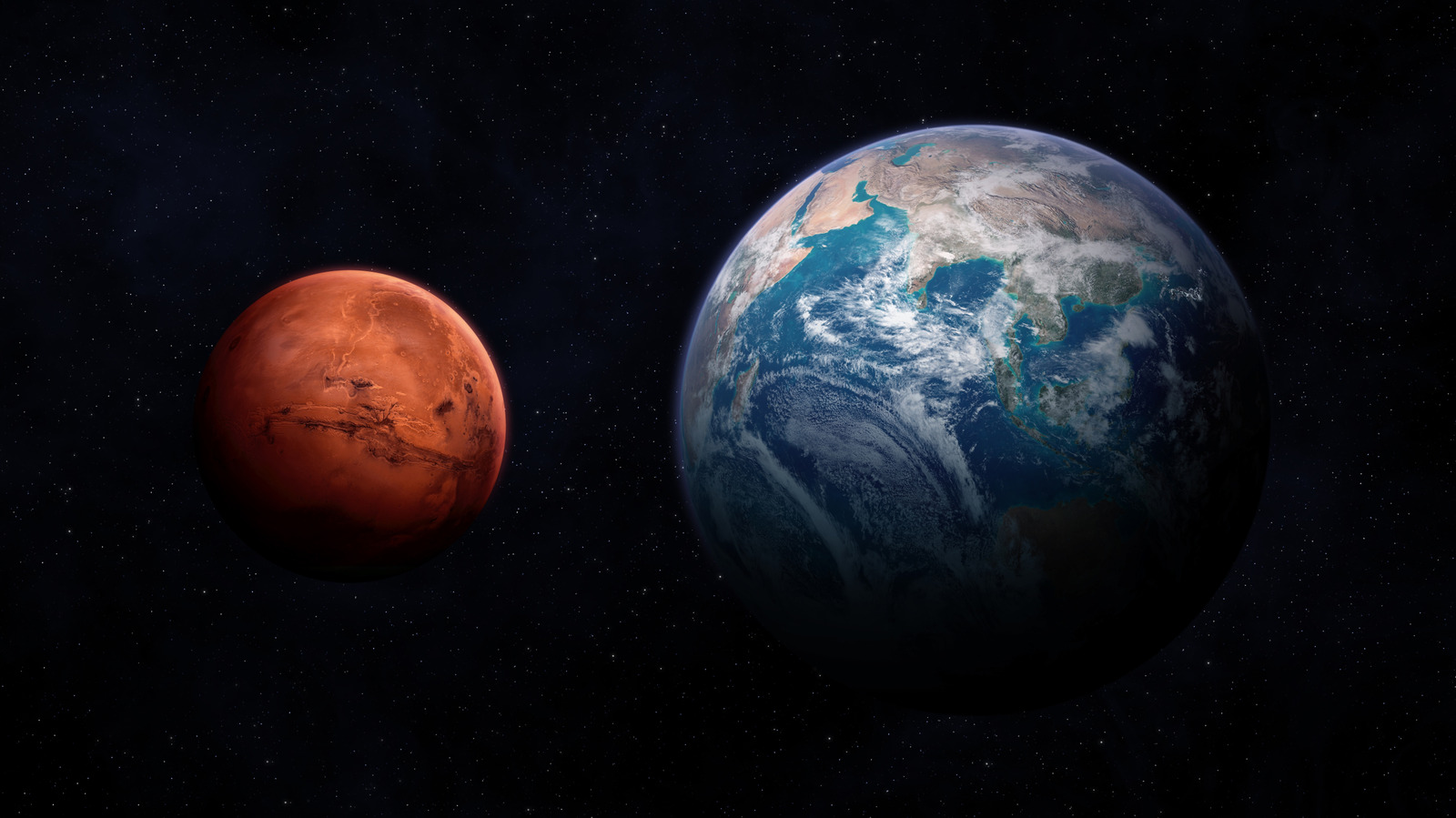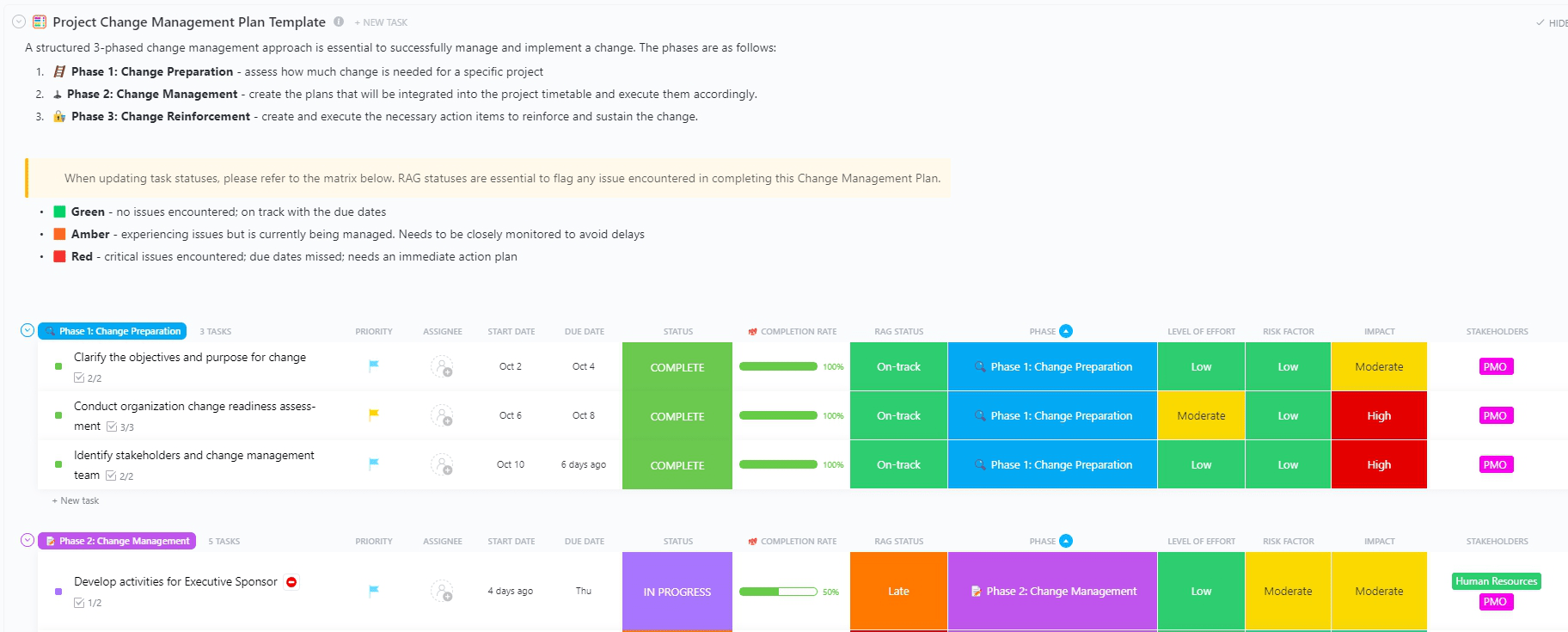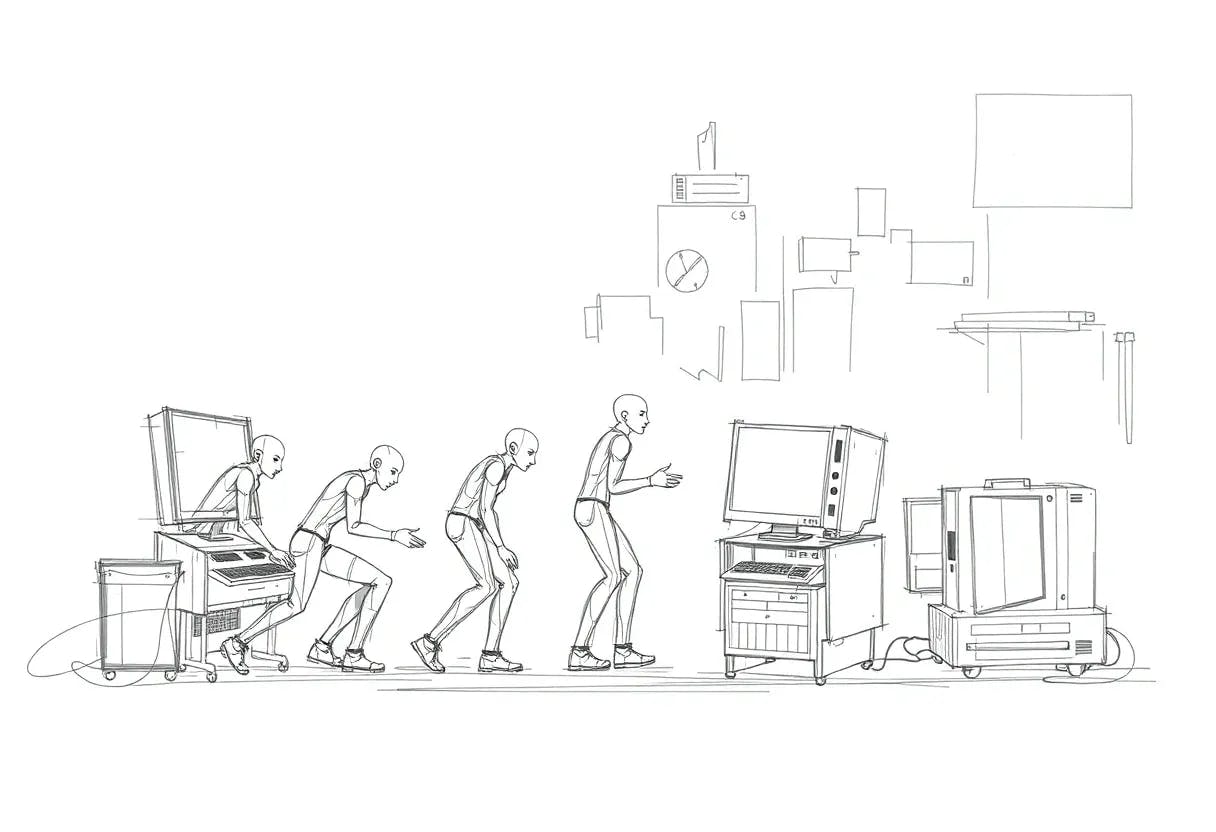Time moves differently on Mars — not in the Tibetan philosophy sense of the word, but in a measurable, physics-will-ruin-your-mission kind of way that’s giving NASA engineers a real headache. As the agency maps out a future with boots on the red planet, it’s running into a fundamental problem. A clock on Mars ticks 477 microseconds faster per day than a clock on Earth, according to calculations published in July 2025 by researchers Neil Ashby and Bijunath R. Patla.
That rate actually shifts by another 226 microseconds a day, depending on where Mars is in its orbit around the sun. And sure, microseconds don’t sound like a big deal. But when you’re trying to land a spacecraft worth billions, or sync up with rovers already on Mars, microseconds matter. At light speed, a 56-microsecond delay equals about 184 football fields. Miss that window, and you’ve missed the landing zone entirely.
This challenge isn’t limited to just Mars versus Earth, though. NASA is building out infrastructure across multiple worlds through its Artemis program, which means managing time across Earth, the moon, and Mars simultaneously. The research shows Mars clocks also run 421.5 microseconds faster per day than clocks on the Moon. Three different worlds, three different rates of time, all needing to stay synchronized.
Why we keep getting the Mars math wrong
The problem isn’t that we don’t understand Einstein’s relativity — because we do. Breaking down Einstein’s big idea, we find that massive objects warp space-time, and clocks run at different speeds depending on gravity and motion. We’ve known this for a century. The issue is that our models for calculating these effects have been oversimplified.
Most previous calculations treated planetary orbits as clean two-body problems: Earth and moon, or Earth and Mars. But the sun isn’t just sitting there politely in the background. Its gravity creates what physicists call solar tides — perturbations that affect how planets and moons move through space-time. Those perturbations change the calculations in ways that earlier models missed.
When Ashby and Patla incorporated solar tide effects into their Earth-moon calculations, accuracy jumped by nearly two orders of magnitude compared to previous work. That’s roughly 100 times more precise. It’s the difference between a rough estimate and something you can actually build mission-critical systems around.
But, (and this is important) the model still has significant gaps when it comes to the Earth-Mars system, because solar tide effects on Earth’s orbit within that calculation haven’t been fully accounted for yet. The researchers used planetary data that includes solar tides on Mars, but not on Earth in the comparison. We’re getting closer, but the math isn’t quite there yet.
The GPS problem on an interplanetary scale
Every GPS satellite orbiting Earth already deals with this issue. Those satellite clocks run ahead of what’s on your phone because they’re farther from Earth’s gravity. If that difference weren’t corrected, your GPS would be misaligned by miles after only a few hours. Now imagine scaling that problem across interplanetary distances, with multiple gravitational bodies, and solar perturbations that change over time.
That’s what engineers are up against when they design navigation and communication systems for projects like the struggling Mars Sample Return mission. The White House has already told NASA to create a Coordinated Lunar Time standard — basically UTC for the Moon — because future missions can’t run on Earth time anymore. This new research gives them the foundation to do the same for Mars, even if there is still work to be done.
And we’re not talking about short visits anymore. NASA is planning permanent infrastructure, regular supply runs, and human settlements. All of that requires timing systems that work with reality, not simplified textbook physics. The fact that we can now calculate relativistic effects and solar perturbations down to the microsecond represents real progress toward making that happen. The models aren’t perfect yet, but they’re leagues ahead of what we had. And in space exploration, “better” is how you get from impossible to inevitable.











